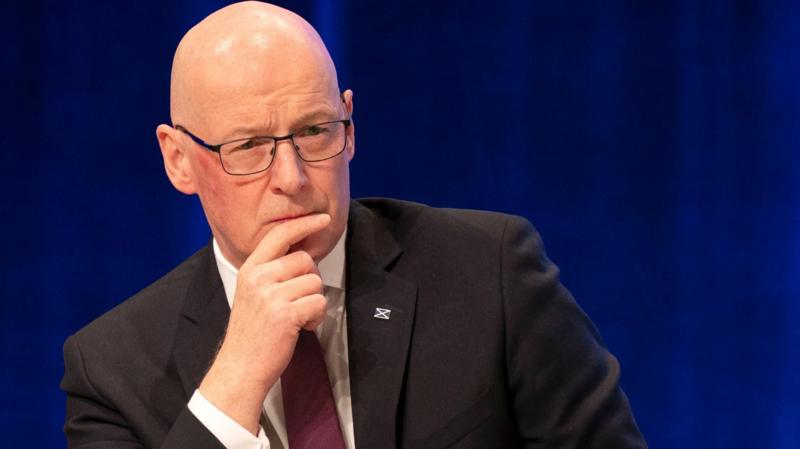Summary
Scottish First Minister John Swinney believes the precedent from the 2014 Scottish independence referendum supports holding another vote if the SNP wins a majority in the next Holyrood election. The UK Labour government, led by Prime Minister Keir Starmer, currently does not support a second referendum. SNP members back Swinney's strategy for making the upcoming election a de-facto poll on independence.
Key Facts
- John Swinney, Scotland's First Minister, argues that past precedent supports a new independence referendum.
- Swinney's strategy is supported by SNP members to make the next Holyrood election an implicit vote on independence.
- The SNP's success in 2011 led to the first independence referendum in 2014.
- Scottish Secretary Douglas Alexander and the UK government oppose holding another referendum.
- Prime Minister Keir Starmer has stated no plans for allowing a referendum during his term.
- The 2014 vote, based on the Edinburgh Agreement, resulted in Scotland remaining in the UK.
- Former First Minister Nicola Sturgeon supports Swinney’s plan but acknowledges the challenge to win a majority.
- A new referendum would need UK government approval under current rules.
